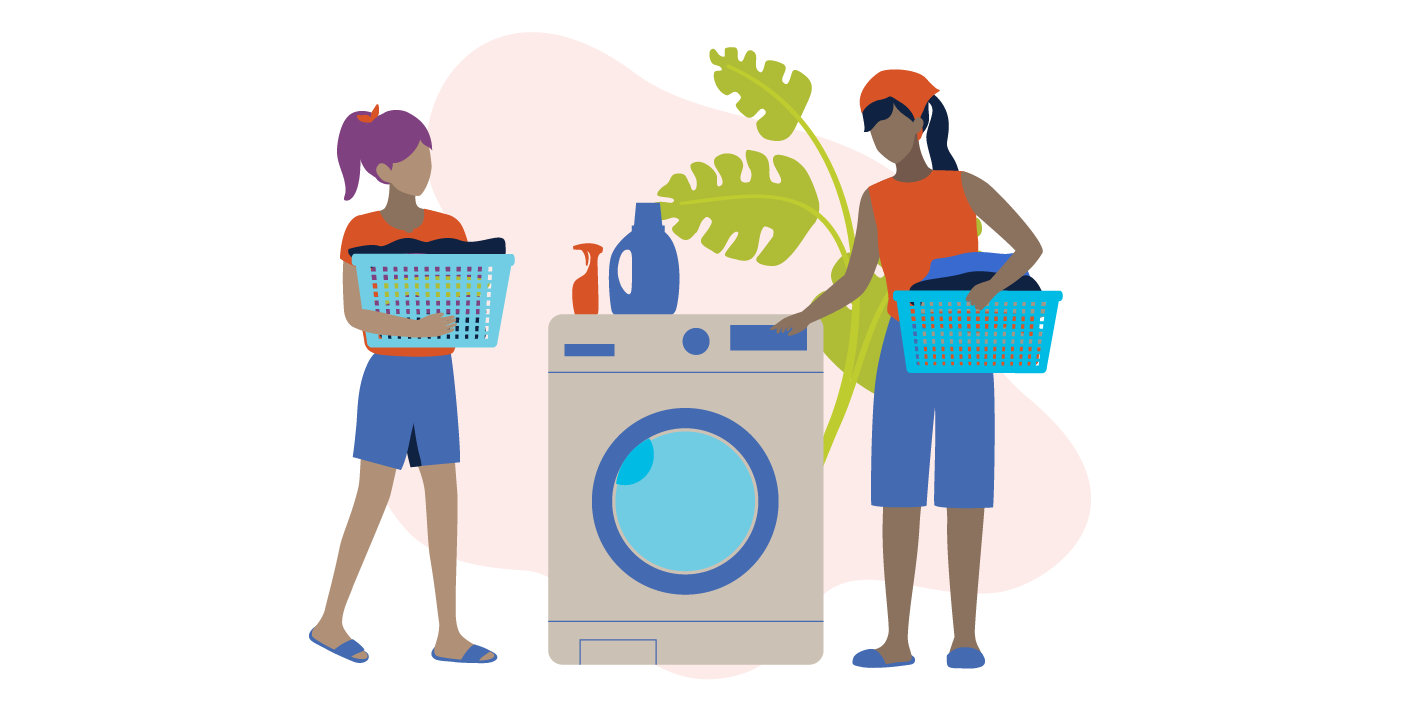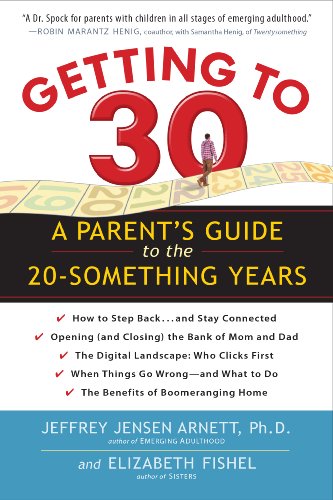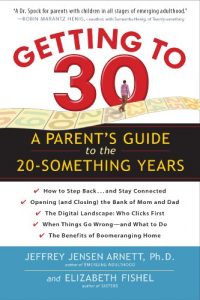The Impact of Parental Burnout
 In 2018, Isabelle Roskam, PhD, and her colleagues developed a measurement called the Parental Burnout Assessment after surveying more than 900 parents they had determined to be experiencing burnout. From these subjects’ testimonies, the researchers extracted four dimensions of parental burnout: exhaustion in one’s parental role, contrast with previous parental self, feelings of being fed up with one’s parental role, and emotional distancing from one’s children. Read more ›
In 2018, Isabelle Roskam, PhD, and her colleagues developed a measurement called the Parental Burnout Assessment after surveying more than 900 parents they had determined to be experiencing burnout. From these subjects’ testimonies, the researchers extracted four dimensions of parental burnout: exhaustion in one’s parental role, contrast with previous parental self, feelings of being fed up with one’s parental role, and emotional distancing from one’s children. Read more ›


 Mental health is an important part of overall health for children as well as adults. For many adults who have mental disorders, symptoms were present—but often not recognized or addressed—in childhood and adolescence. For a young person with symptoms of a mental disorder, the earlier treatment is started, the more effective it can be. Early treatment can help prevent more severe, lasting problems as a child grows up.
Mental health is an important part of overall health for children as well as adults. For many adults who have mental disorders, symptoms were present—but often not recognized or addressed—in childhood and adolescence. For a young person with symptoms of a mental disorder, the earlier treatment is started, the more effective it can be. Early treatment can help prevent more severe, lasting problems as a child grows up. 
 Does your child seem unusually sad, irritable or quiet lately? Such changes in mood could be due to a temporary stress in life. But how do you know if it’s something more?
Does your child seem unusually sad, irritable or quiet lately? Such changes in mood could be due to a temporary stress in life. But how do you know if it’s something more? 
 Growing up is a process of moving toward independence, becoming your own person and meeting your own needs. “Launching” refers to the parental role in their child’s transition into adulthood. This process looks different for everyone — a bumpier or more meandering path for some than others. So how can you best prepare your child for a smooth launch?
Growing up is a process of moving toward independence, becoming your own person and meeting your own needs. “Launching” refers to the parental role in their child’s transition into adulthood. This process looks different for everyone — a bumpier or more meandering path for some than others. So how can you best prepare your child for a smooth launch? 
 The school-to-work transition can take longer for young adults with ADHD, who don’t mature at the same pace as their peers. Here’s how parents can nudge without pushing.
The school-to-work transition can take longer for young adults with ADHD, who don’t mature at the same pace as their peers. Here’s how parents can nudge without pushing. 
 The road to adulthood is longer than we think—and, for parents, bumpier.
The road to adulthood is longer than we think—and, for parents, bumpier. 
 There’s no shortage of advice for managing the early years of parenting, but a child’s journey from late adolescence to early adulthood can be just as challenging for parents, maybe even more so. This stage often requires a significant shift in mind-set, as parents move from the front seat to the back seat of their child’s life. Growing research finds that adult children still benefit from parental involvement in these critical years; however, the type of involvement matters and should change from when they were younger.
There’s no shortage of advice for managing the early years of parenting, but a child’s journey from late adolescence to early adulthood can be just as challenging for parents, maybe even more so. This stage often requires a significant shift in mind-set, as parents move from the front seat to the back seat of their child’s life. Growing research finds that adult children still benefit from parental involvement in these critical years; however, the type of involvement matters and should change from when they were younger. 
 Moving away from home for the first time is a mountainous life transition for a young adult. This can be a daunting task for young adults between ages 18 and 25, whether they are relocating to a new city to pursue an education or job or moving out of the family home within the same town.
Moving away from home for the first time is a mountainous life transition for a young adult. This can be a daunting task for young adults between ages 18 and 25, whether they are relocating to a new city to pursue an education or job or moving out of the family home within the same town. 

 The CDC and National Health Statistics Reports estimate that there is a 1-2% chance of a child being diagnosed with an autism spectrum disorder (ASD), and the rates for boys are higher than that for girls. So, if your child has just been diagnosed with autism, you are not alone.
The CDC and National Health Statistics Reports estimate that there is a 1-2% chance of a child being diagnosed with an autism spectrum disorder (ASD), and the rates for boys are higher than that for girls. So, if your child has just been diagnosed with autism, you are not alone. 
 Glen R. Elliott, PhD, MD gives regular presentations throughout the Bay Area on topics related to medication use for behavioral and psychiatric problems in children and adolescents.
Glen R. Elliott, PhD, MD gives regular presentations throughout the Bay Area on topics related to medication use for behavioral and psychiatric problems in children and adolescents.

